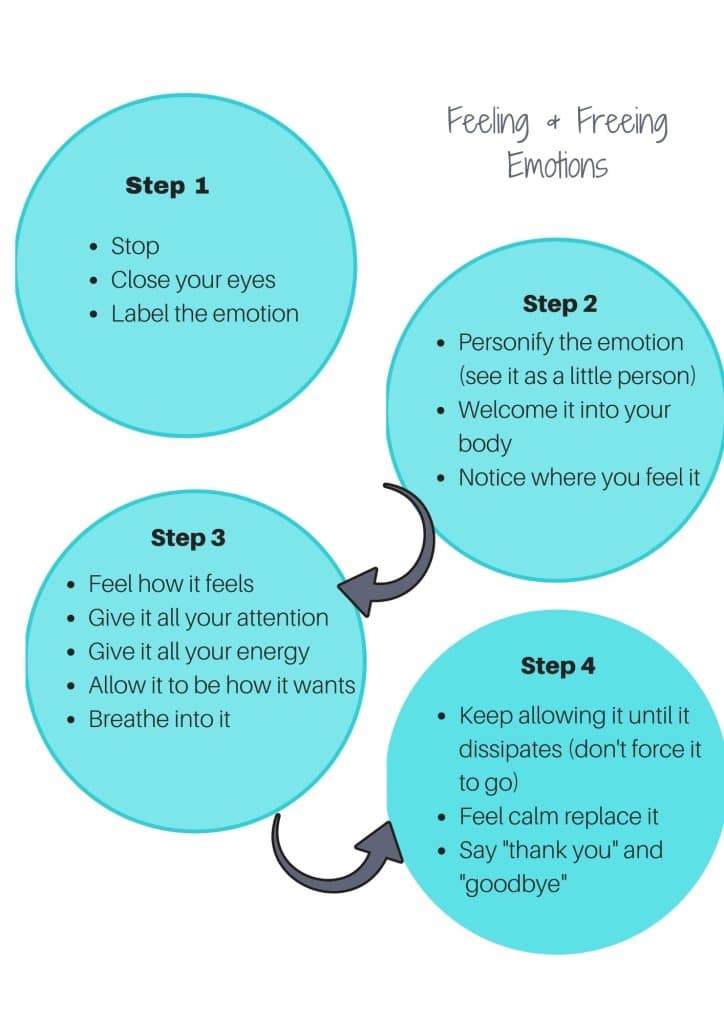When someone first hears the news that their position is going to be made redundant, there are often a range of emotions that hit them: shock, anger, fear. I’ve even known people who knew a redundancy was coming, and wanted it, but when it actually happened their emotions took them by surprise.
Their first instinct is to dust off the old resume and start applying for jobs, understandably. We push the emotions to the side (or inside) and start taking action. However, there are several good reasons why you should also work on your emotions while working on your resume:
- How are you supposed to present positively to employers and recruiters if you are harbouring a range of negative emotions?
- The more you supress these emotions, they will have to emerge at some stage – it’s like pushing a beach ball under the water, when you let go, it explodes out of the water. So if you keep pushing them down, they will either explode or implode (and this is what leads to health issues).
- Not to mention, how are you going to attract your dream job if you are operating at such a low frequency.
Now I’m not suggesting that you take weeks and mourn what has happened. The process I’m suggesting just takes a few minutes each time you notice a negative emotion taking hold. I was introduced to this process when I was going through a personal challenge, and fear was popping up every 20 minutes during my day, it was exhausting. So I implemented 2 strategies:
- I used this emotional release process at the moment I was feeling fear. It would take 1-3 minutes and the emotion would dissipate:

2. For bigger issues, rather than having them floating through my mind all day, I would schedule time to worry about it. I’d tell myself that once I got home I’d sit on the couch and spend an hour devoted to thinking about the problem. Then every instant that thought entered my mind I would remind myself that I would deal with it later, and knew I would because I’d actually scheduled time to do it. Then, when I got home, I’d sit down and start thinking about it, and thinking about it, and thinking about it, and about 10 minutes later, I’d dealt with it. So rather than expending energy on the problem the whole day, I would spend 10 minutes on it. It was amazing.
Emotions can pop up at any time after a redundancy. You might find initially you feel fine, start taking action, and then 3 weeks later you start to feel angry and don’t know why. Just go with it and use the emotional release process.
If you need any further support, reach out here.
And if you are an employer looking for support for your staff during redundancies, please take a look here.



